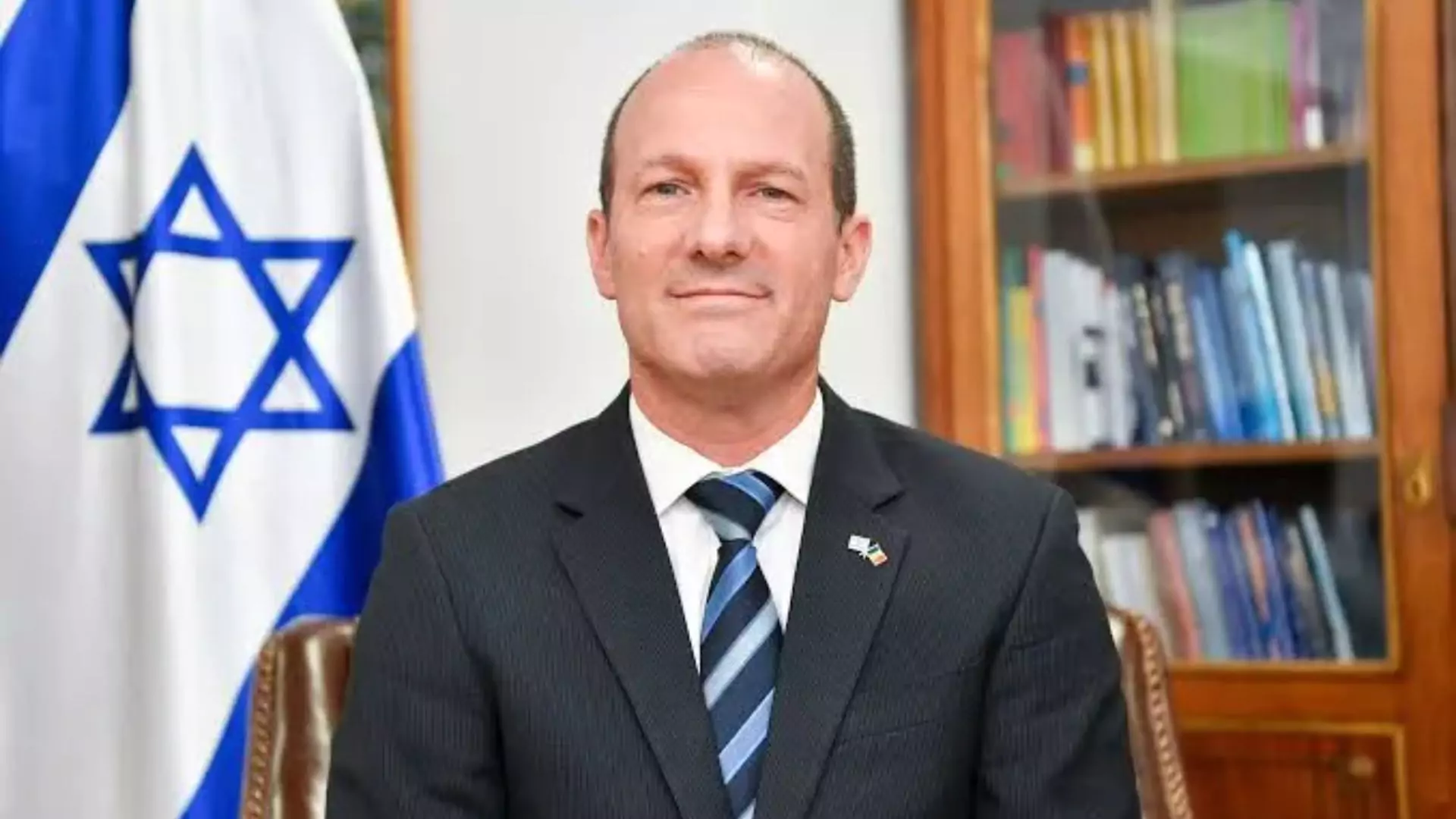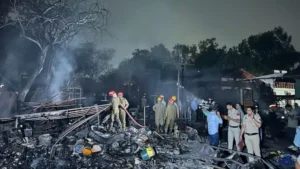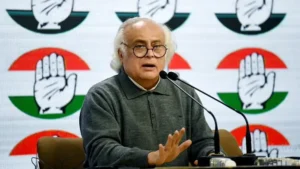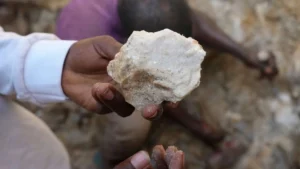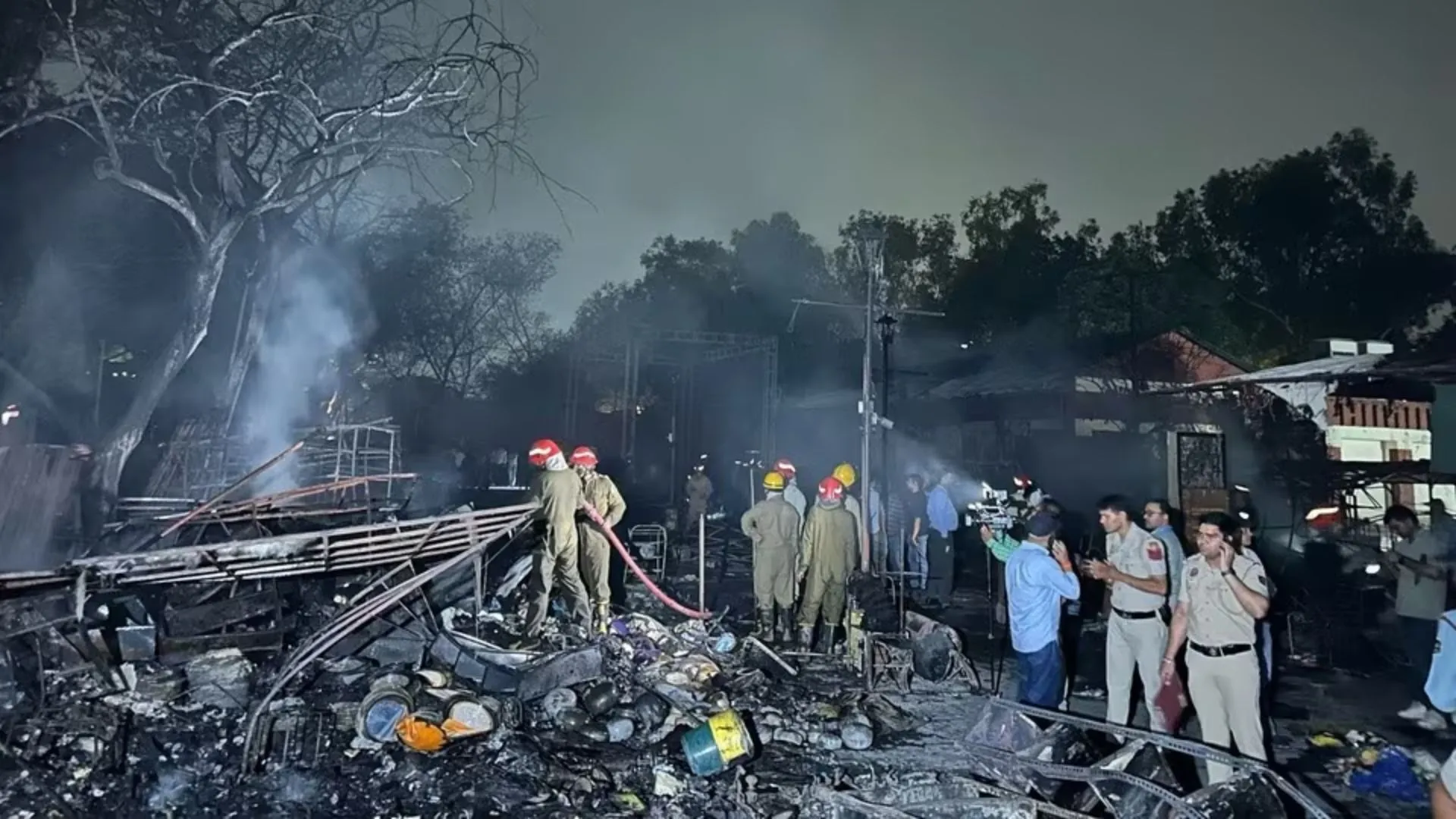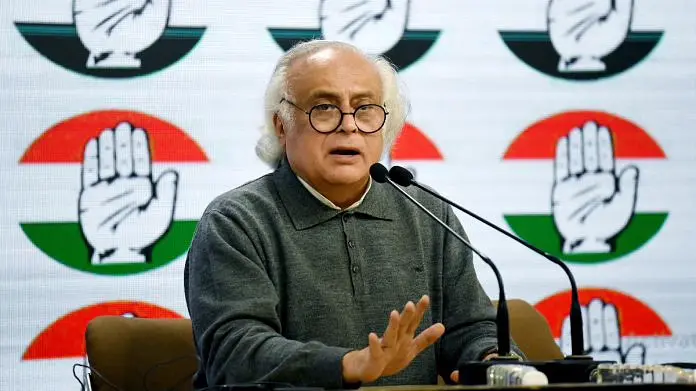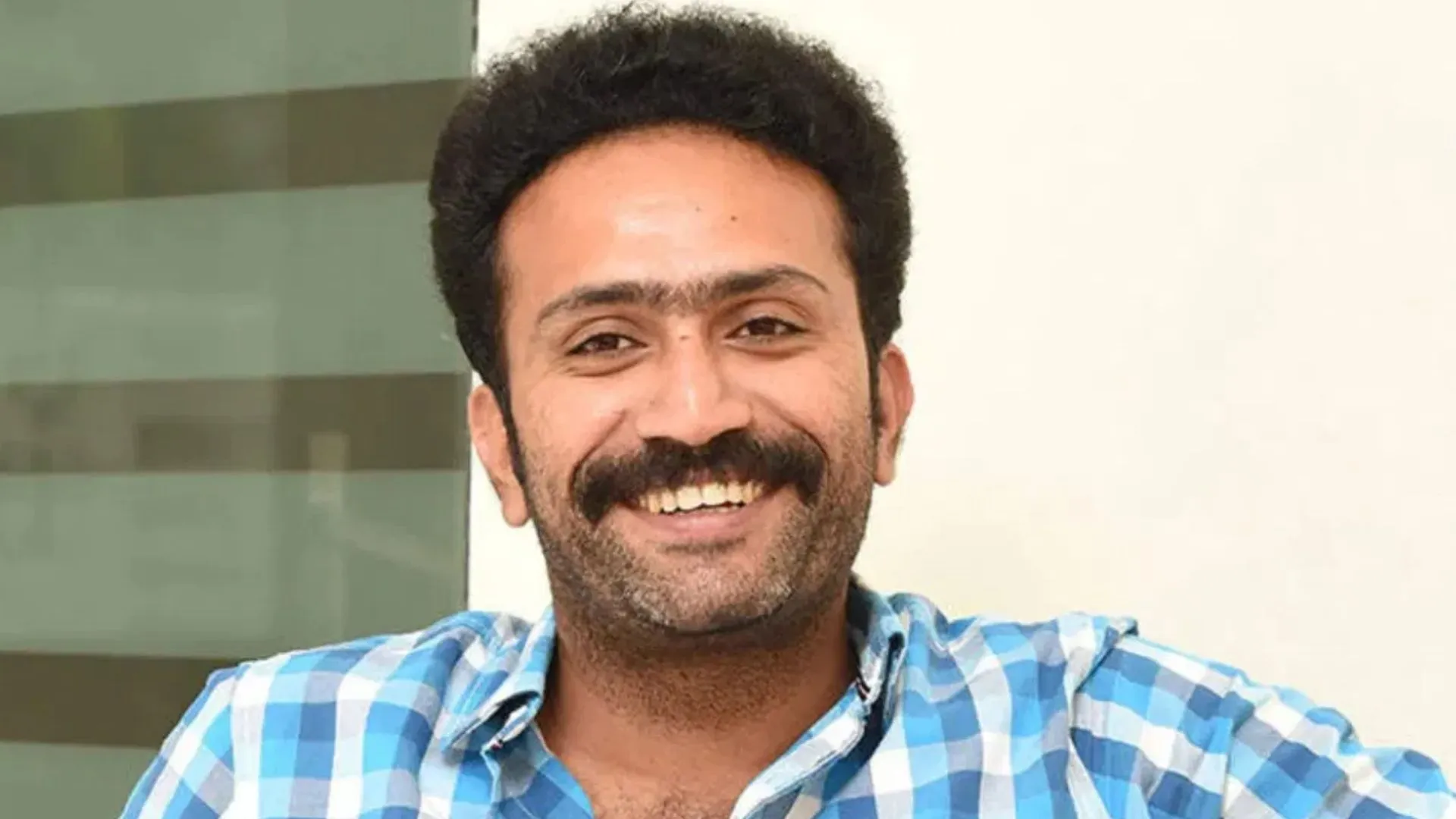Amidst the escalating crisis in the Middle East and the war-like situation that has persisted between Lebanon and Israel in the wake of the Hezbollah strikes and the 180 ballistic missiles launched by the Iranians on several parts of Israel, there has been a counterstrike that has taken place in Lebanon in Beirut that has led to the death of six people.
In conversation with the Israel Ambassador to India
Joining NewsX in an exclusive conversation on the issue with Megha Sharma, Executive Editor, was Reuven Azar, Israel Ambassador to India. The central issue of the conversation was the second strike that Iran took at Israel on October 2, where it launched ballistic missiles at Israel, notably succeeding the gravity of its previous attack that had taken place in April with drones deployed to attack Israel.
With attempts to attack the Mossad spy headquarters, Azar acknowledged that Israel was witness to a barage of unprecedented size that was fired directly from the state of Iran at Israel. “This barage had ballistic missiles, each with seven hundred to a thousand kilograms of explosives. It was a very lethal weapon that was used by Iran massively in the most unprecedented attack in the history of warfare.”
Azar went on to detail that Israel was fortunately able to avert the attacks with the aid of the United states. “Thanks to the Missile Defense System of Israel, one of the best defence systems in the world, we have managed to thwart that attack together with our partner, the United States, and other partners in the region who fought to save the skies of their countries,” he added when Megha asked him about the current situation in Israel. He further stated that the country’s defence system aided them to stop most missiles midway; however, if the missiles reached the land of Israel, it did not cause a lot of destruction as it largely landed in open areas. “It did not cause any damage to property or harm to life except one casualty involving a Palestinian.
Israel’s Endgoal
Talking about whether Israel was going to counterattack, Megha Sharma asked Azar what the endgoal was for Israel and whether Israel wanted to completely occupy Lebanon, given that the IDF has started ground operations in Lebanon. Reuven responded by stating that Israel’s goal is to ensure that 70,000 of its northern residents can safely return home by eliminating threats posed by Hezbollah. He further stated, “We are also taking a targeted operation. to dismantle and uproot all the infrastructure that was built there for years and years by Hezbollah terrorists. We are not intending to occupy the entire Lebanese state. We are determined to restore peace and stability in our region.”
Moving ahead with the conversation, Reuven Azar addressed the role of its partner, the United States, in the war-like situation between the two Middle-Eastern countries and that the US and its president, Joe Biden, categorically urged Israel not to attack nuclear facilities. Azar asserted, “We have a very good dialogue with the United States. but at the end of the day, we do not always agree on everything, and the ultimate responsibility for the safety and security of the citizens of Israel lies with the government of Israel. We will have to decide for ourselves what is the right thing to do.” He alludes to potential disagreements over attacking Iran’s nuclear facilities, with Israel retaining the right to take necessary measures for its defense.
Reimposing US and UN sanctions on Iran:
Taking the conversation forward, Megha went on to ask Azar how he viewed the US and UN sanctions that were once being imposed and then rolled back and whether he believed that it made Iran more powerful so as to allow its proxies to get military and financial support, to which Azar agreed and stated that the rollback of these sanctions empowered Iran to support its proxies like Hezbollah and Hamas, enabling its malign activities. “If the world concentrates on imposing sanctions on Iran to the extent that they cannot get returns for their oil industry, then you will reach a situation in which they don’t have enough funds to continue with this malign activity. They have been getting in the last four years more than $250 billion out of their oil industry, and that helped them to create this machinery of terror and murder,” he added
Megha further asked how Israel planned to tackle the Houthi attacks that come in from Yemen, Hezbollah and Hamas and Reuven Azar stated, “We are confident because we have a secret weapon. It’s not our technology or our arms. This is the resolve of the Israeli people. They will step up to the plate like they’ve been doing the last year until we get all the hostages back home and restore calm and stability in our region.” The ambassador expressed his confidence in Israel’s ability to protect itself from multiple fronts, including Houthi attacks from Yemen, Hezbollah in Lebanon, and Hamas in Gaza. He underscores the importance of international pressure, especially on the Houthis, to prevent further disruptions of regional trade and stability.
Banning UN Secretary-General Guterres from Entering Israel:
Gradually, moving towards the end of the conversation, Megha asked Azar about the strong action that has been taken by the Israeli government where the Secretary General Guterres has been barred from entering the country and how he perceived the action. Azar said, “It is infuriating that the Secretary-General of the United Nations was not capable immediately after this unprecedented barrage of missiles, ballistic missiles fired at Israel, to condemn that. We expect much more diplomatic pressure and economic pressure if we want to avoid military action.” He further mentioned that Israel was dissatisfied with Guterres’ delayed condemnation of missile attacks. They demand more decisive action from the international community to avoid military responses. He further addressed the term that Israel gave to Secretary General and said that Israel’s decision to declare UN Secretary-General António Guterres as persona non grata stems from his failure to carry out his duties.
Resumption of Normalization of Talks Between Israel and Arab Nations:
Lastly, talking about the normalisation of Israel and Arab nations, Megha asked Azar about the future of the process and how long it would, now, after the attacks since October 7, 2023, take to allow for this process to unfold. Azar said that while he was optimistic about resuming talks with Arab nations, the timeline depended on restoring peace and stability in the region. He highlights shared interests among countries in confronting Iranian aggression, which could facilitate the normalization process once the war is over. “Once this war is over, we’ll be able to re-engage in order to better the conditions of the people of our regions. We have proved in the past that we are capable of doing peace with Egypt, with Jordan, with the UAE, with Bahrain, with Morocco, and with Sudan. We are going to achieve peace because we are determined,” he added.


